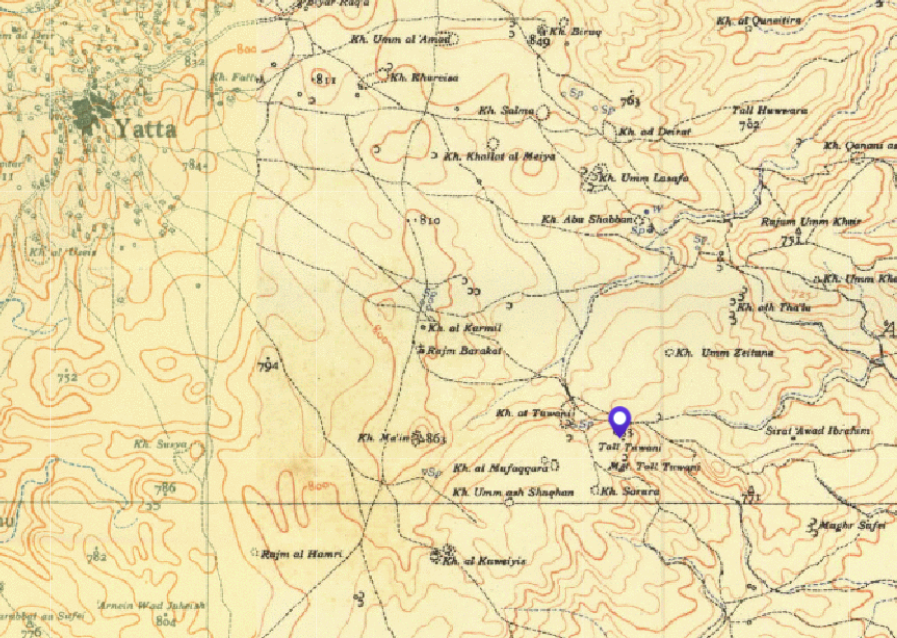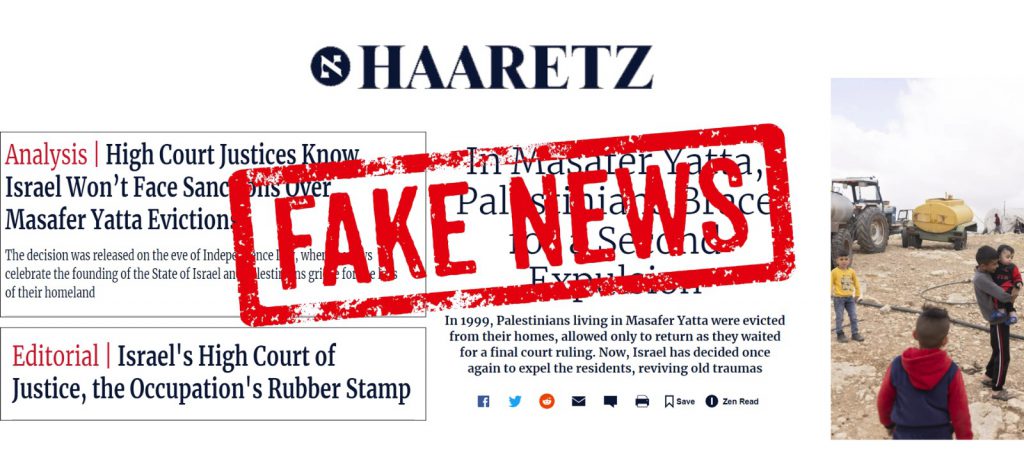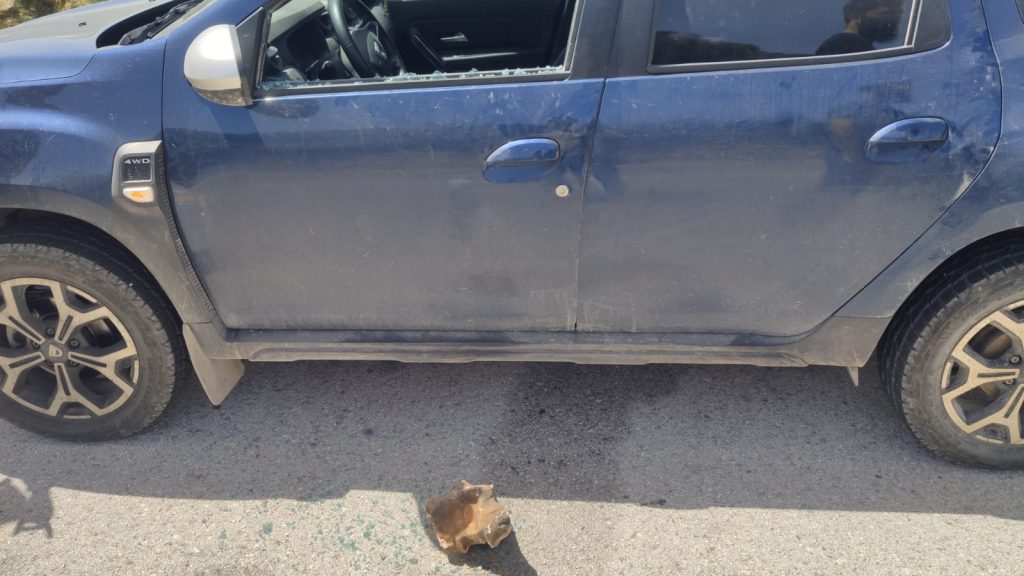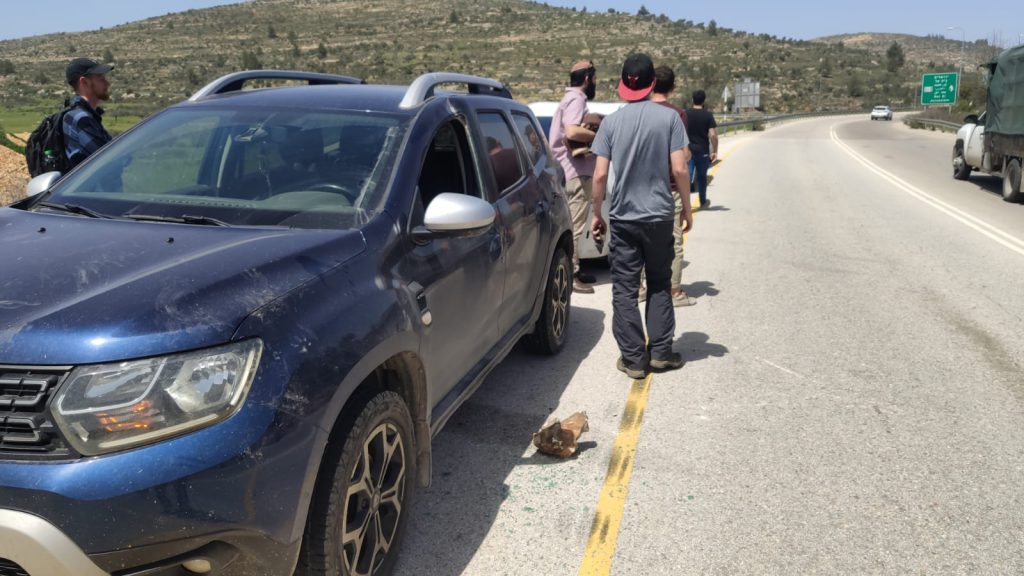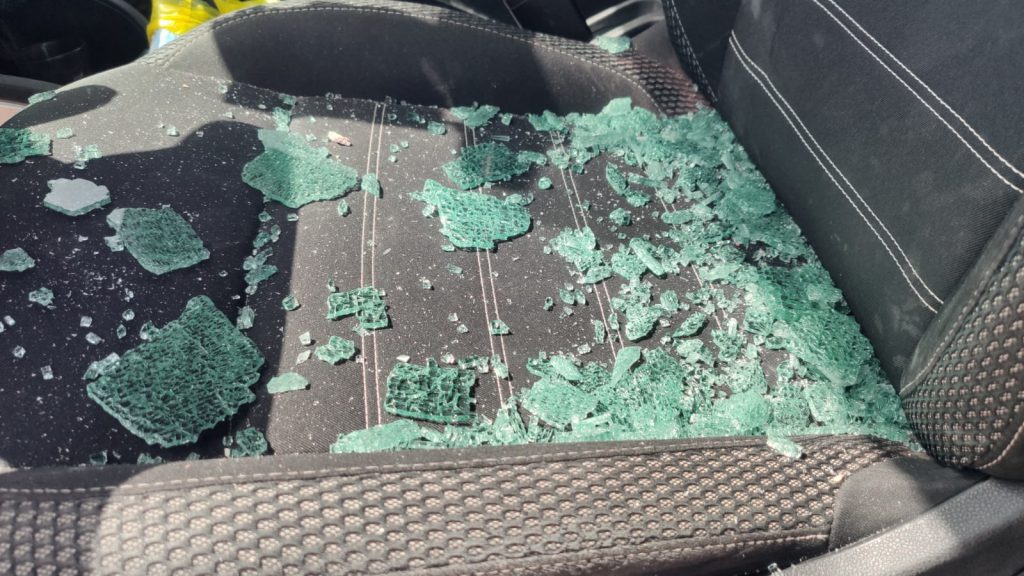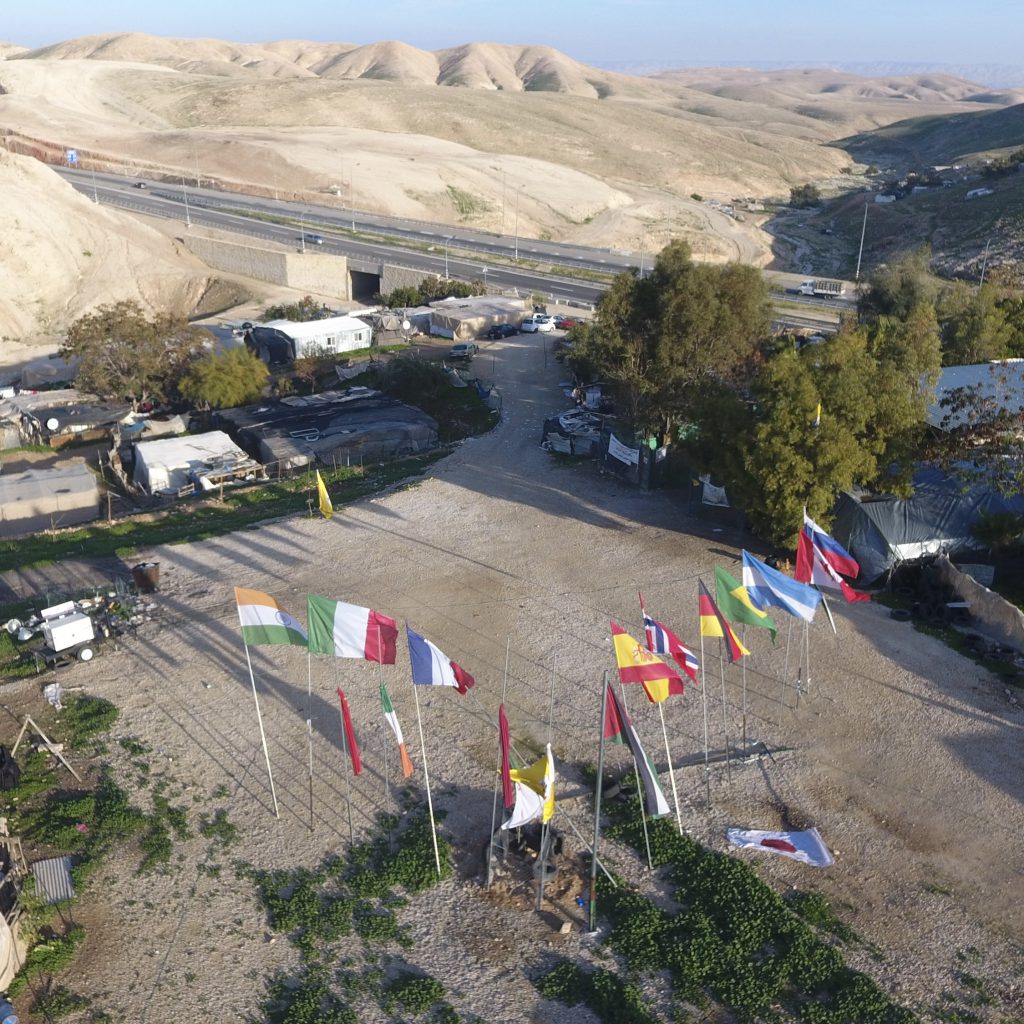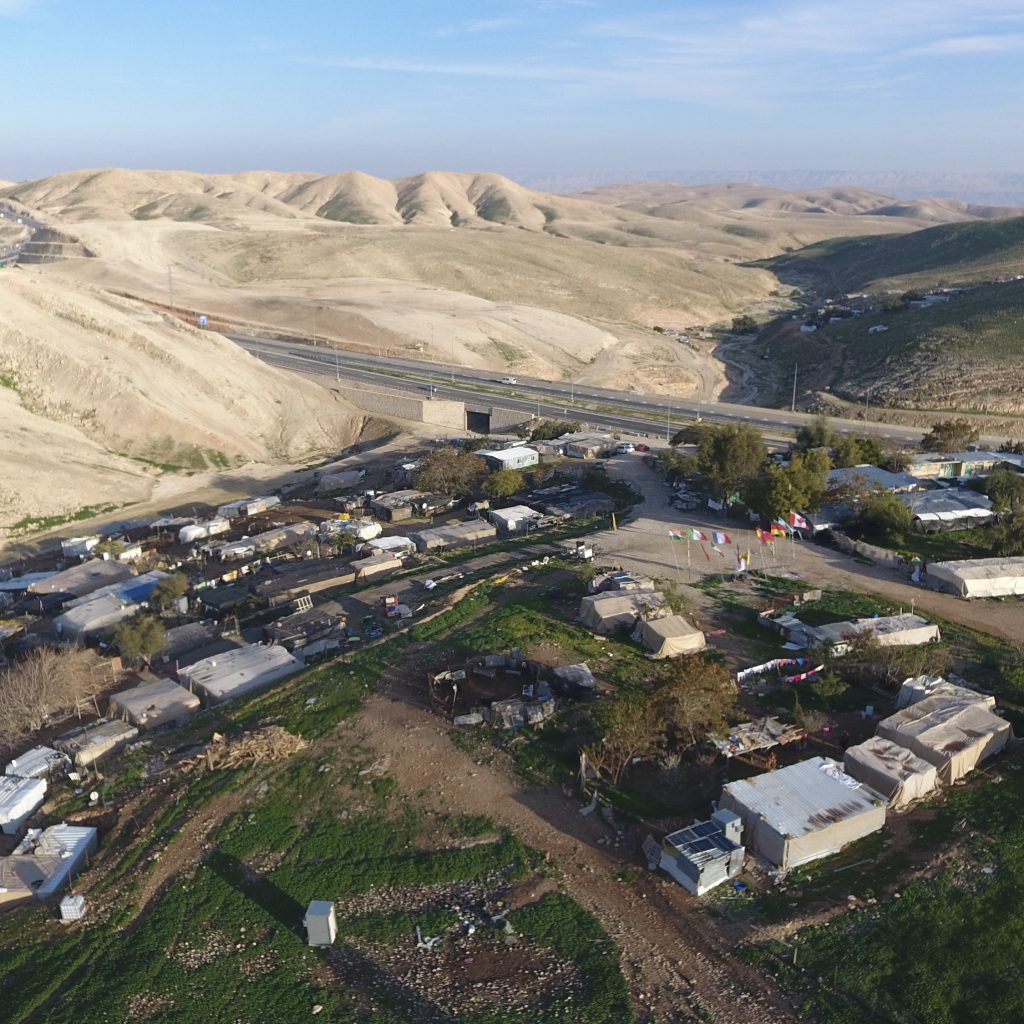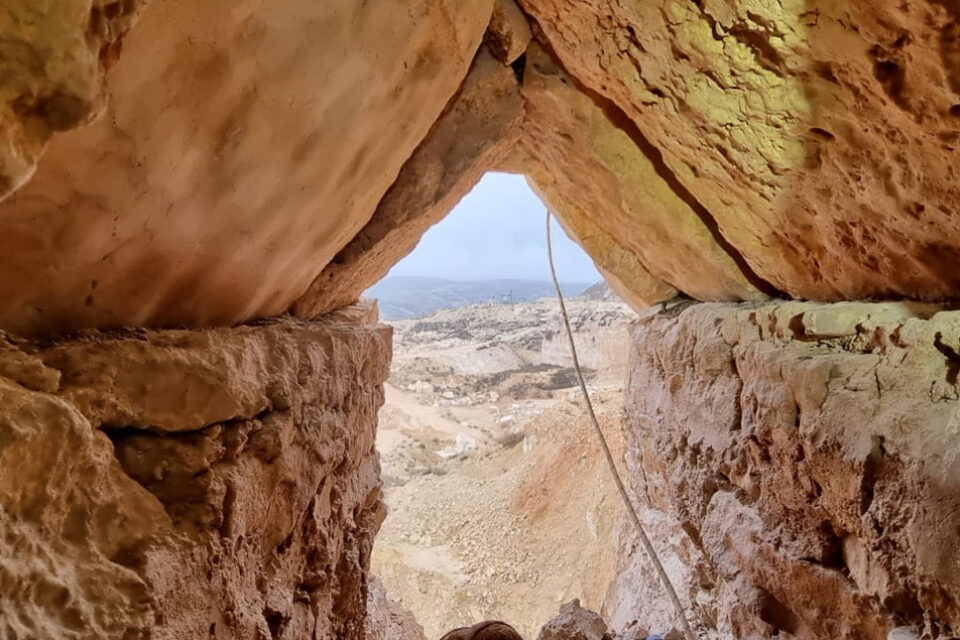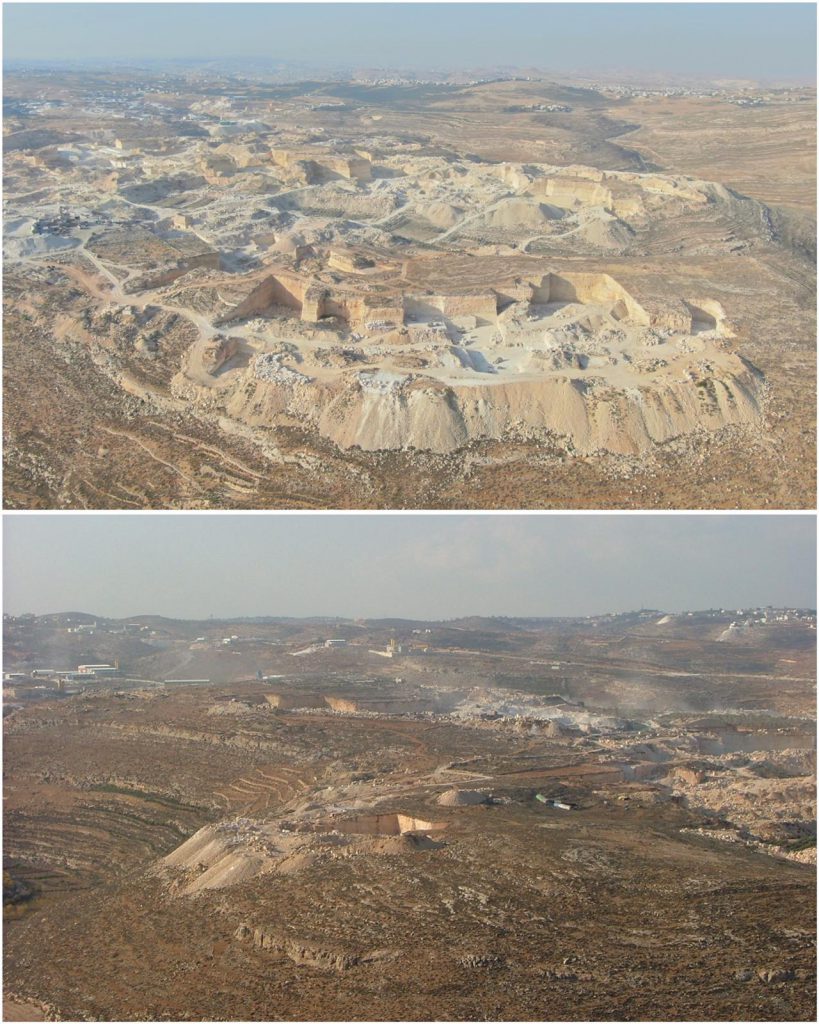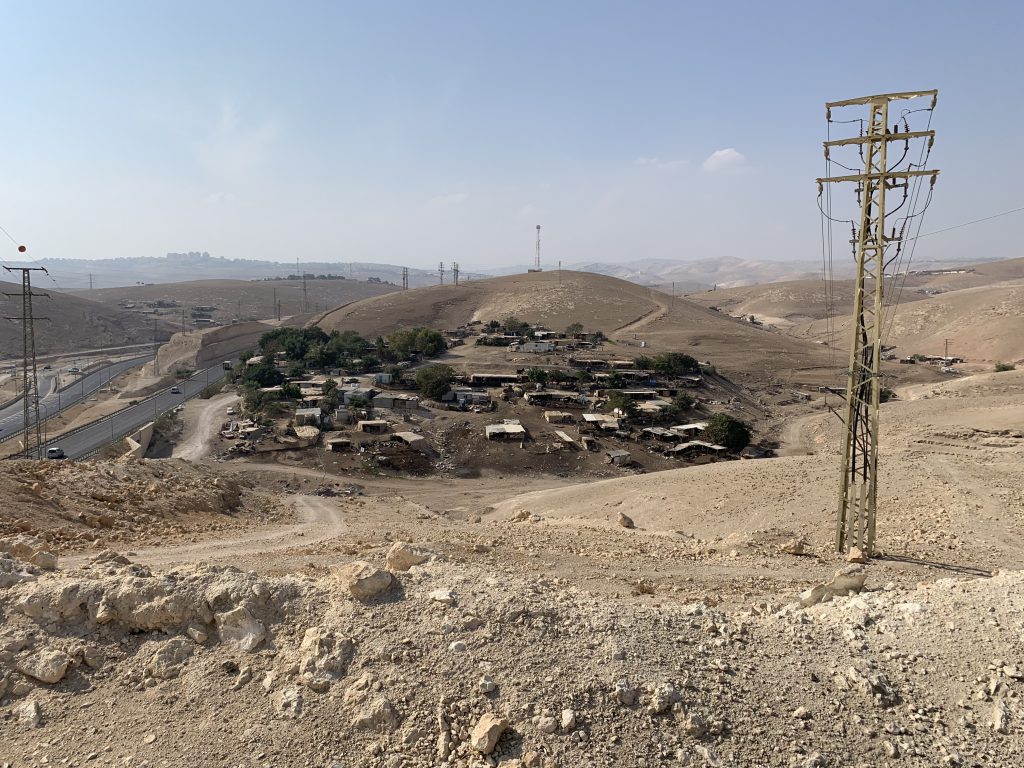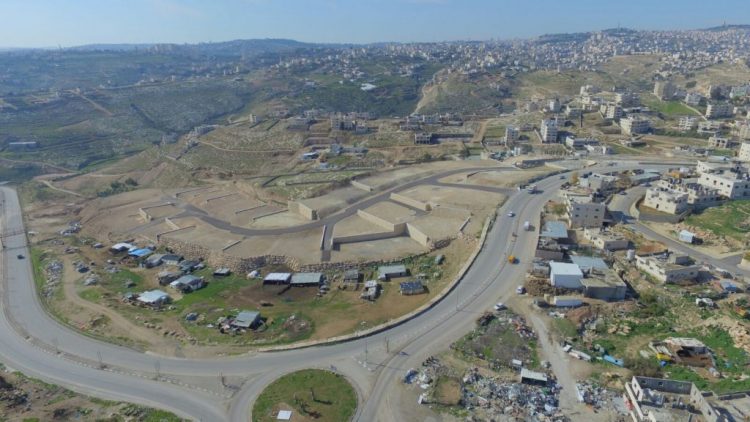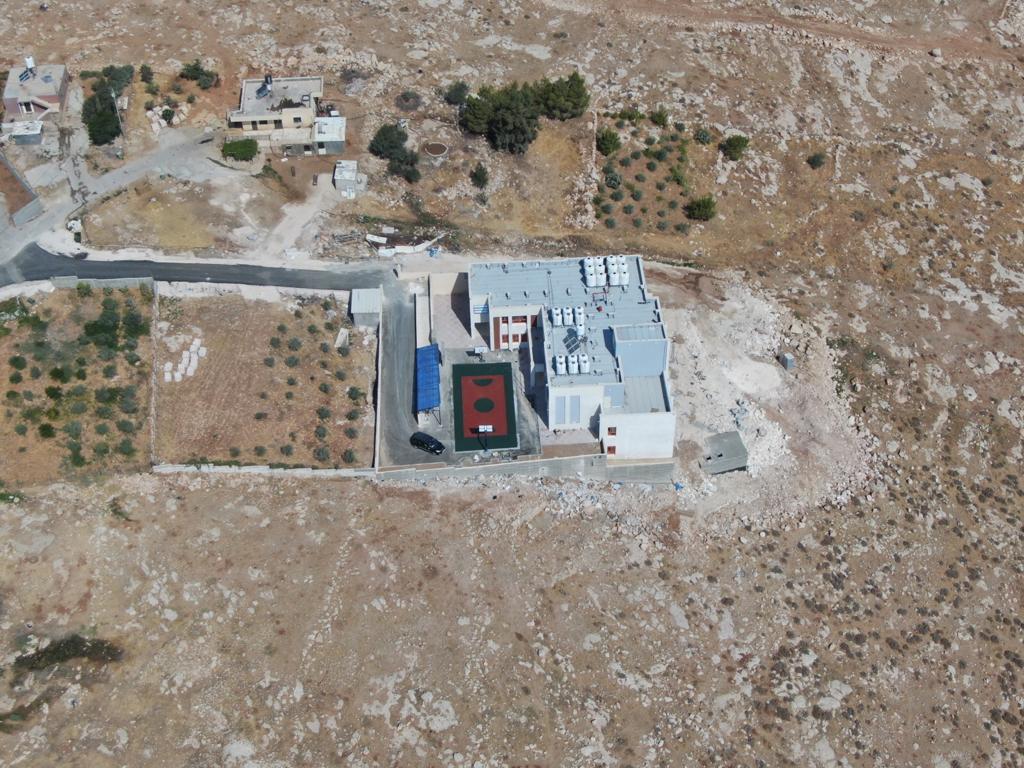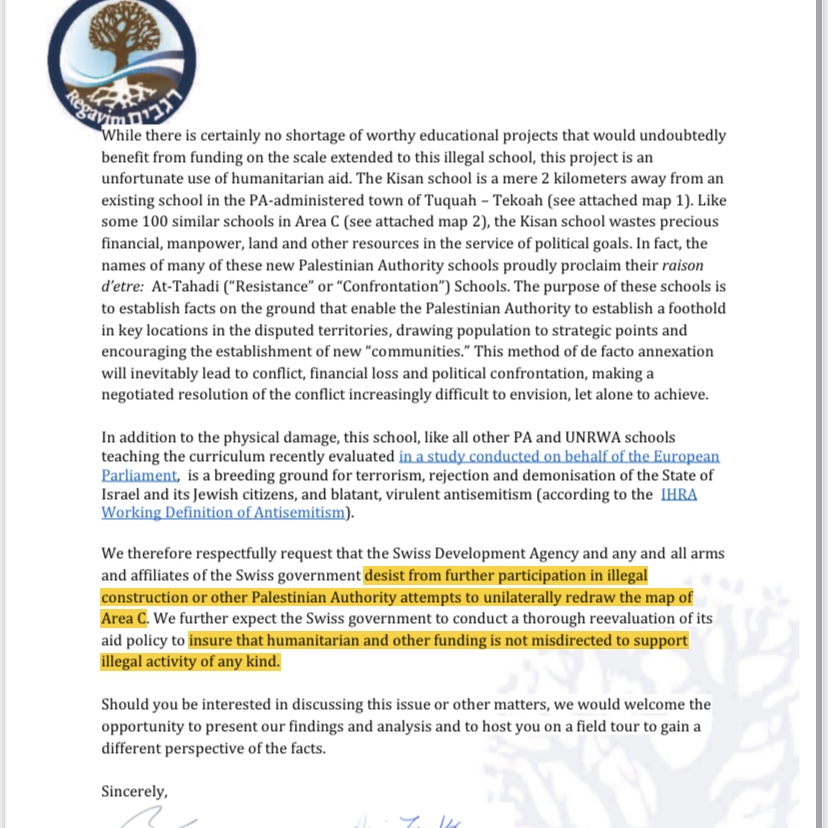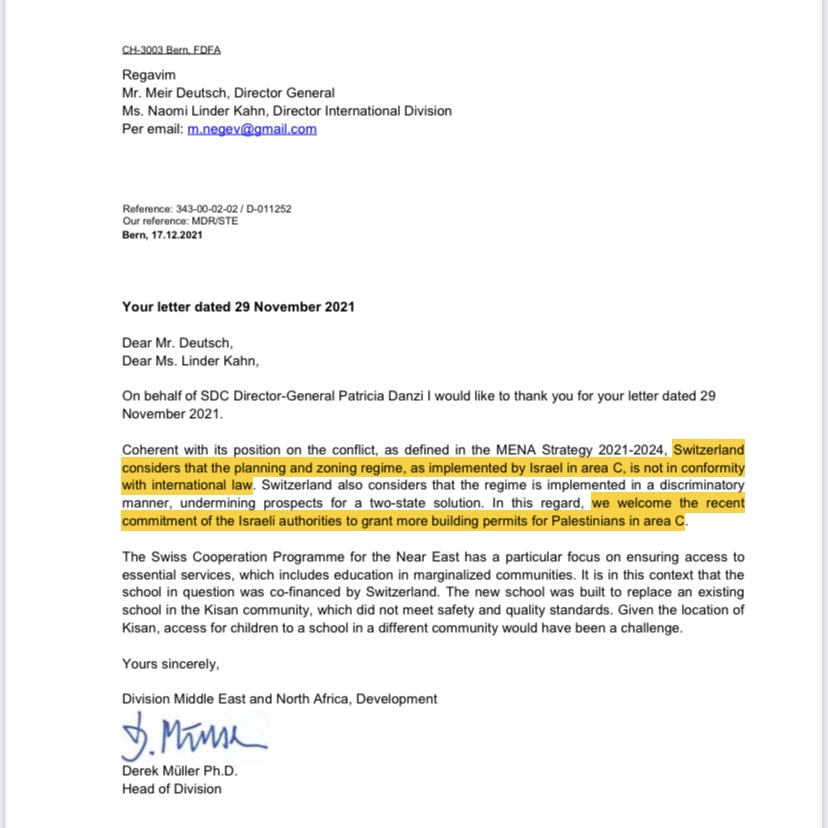
Don’t sell us out!
Israel’s security and sovereignty aren’t bargaining chips!
President Biden: Don’t exploit Israel’s unstable political landscape to extract historic concessions from an interim government that may be tempted to pay an enormously high price to shore up their election prospects.
Prime Minister Lapid: Don’t sell out our national interests for photo-ops with visitng dignitaries who have agendas of their own.
The itinerary of President Biden’s visit, scheduled for 13-15 July, includes several things that are tremendously problematic for Israel’s sovereignty and security:
- A first-of-its-kind visit by a US President to East Jerusalem without any Israeli presence or accompaniment, signaling that our capital is divided between two independent sovereigns, constituting a substantive violation of US law, Israeli law and diplomatic protocol;
- Solidifying Israeli agreement to a Palestinian Authority presence at the Allenby Border Crossing, signaling joint sovereignty and authority over our border and the secession of our our control and sovereignty over the Jordan Valley;
- Official recognition of the upgraded status of the Palestinian Affairs Office as a de facto embassy to Palestine in West Jerusalem, with an eye towards opening a full embassy in the East Jerusalem consular building, shut down by the Trump Administration.
Jerusalem and the Jordan Valley are Israel’s most vital existential interests.
They’re not for sale.




